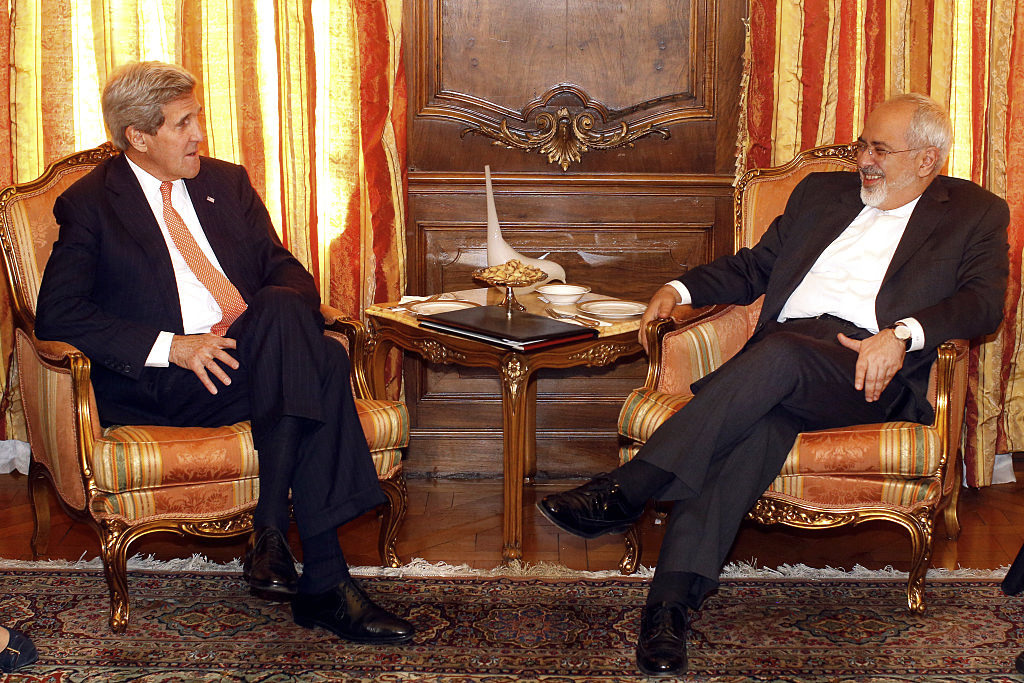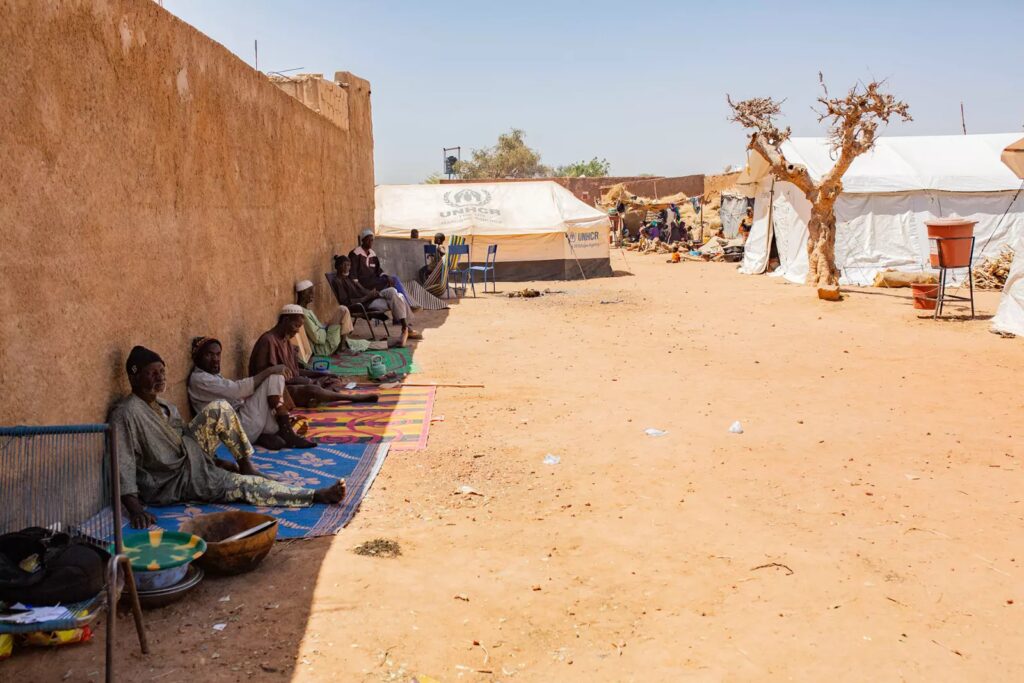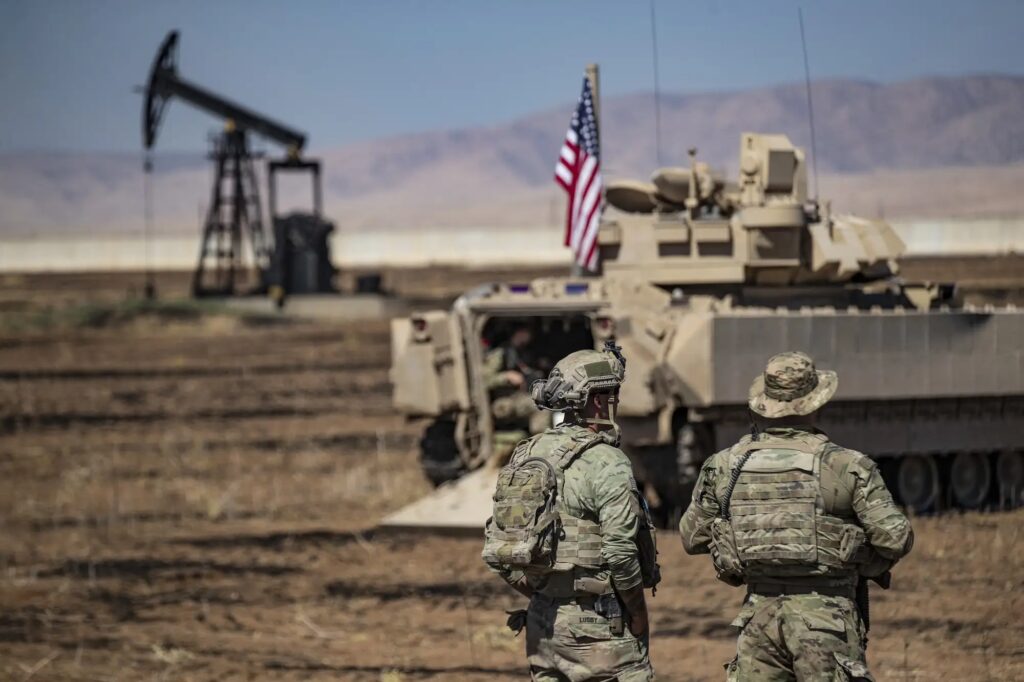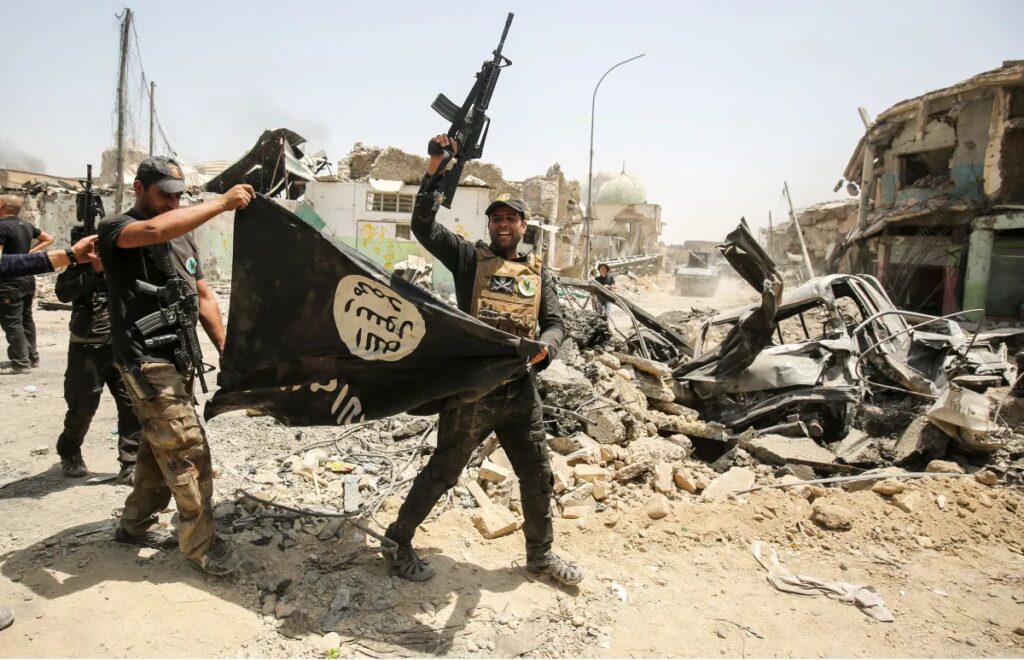Experts warn Trump’s plan to deregulate crypto will help terrorists and domestic extremists

President-elect Trump campaigned on being a “crpyto president,” promising to open up the floodgates on cryptocurrency by undoing regulations imposed by President Joe Biden’s Securities and Exchange Commission.
But according to a Wednesday report in the Guardian, crypto deregulation could provide a significant benefit to extremist groups and foreign terrorist organizations that use crypto to finance their activity. The outlet noted that neo-Nazi group The Base – which has been under FBI investigation for years — used the new development of an incoming pro-crypto administration to solicit donations via cryptocurrency on Election Day.








